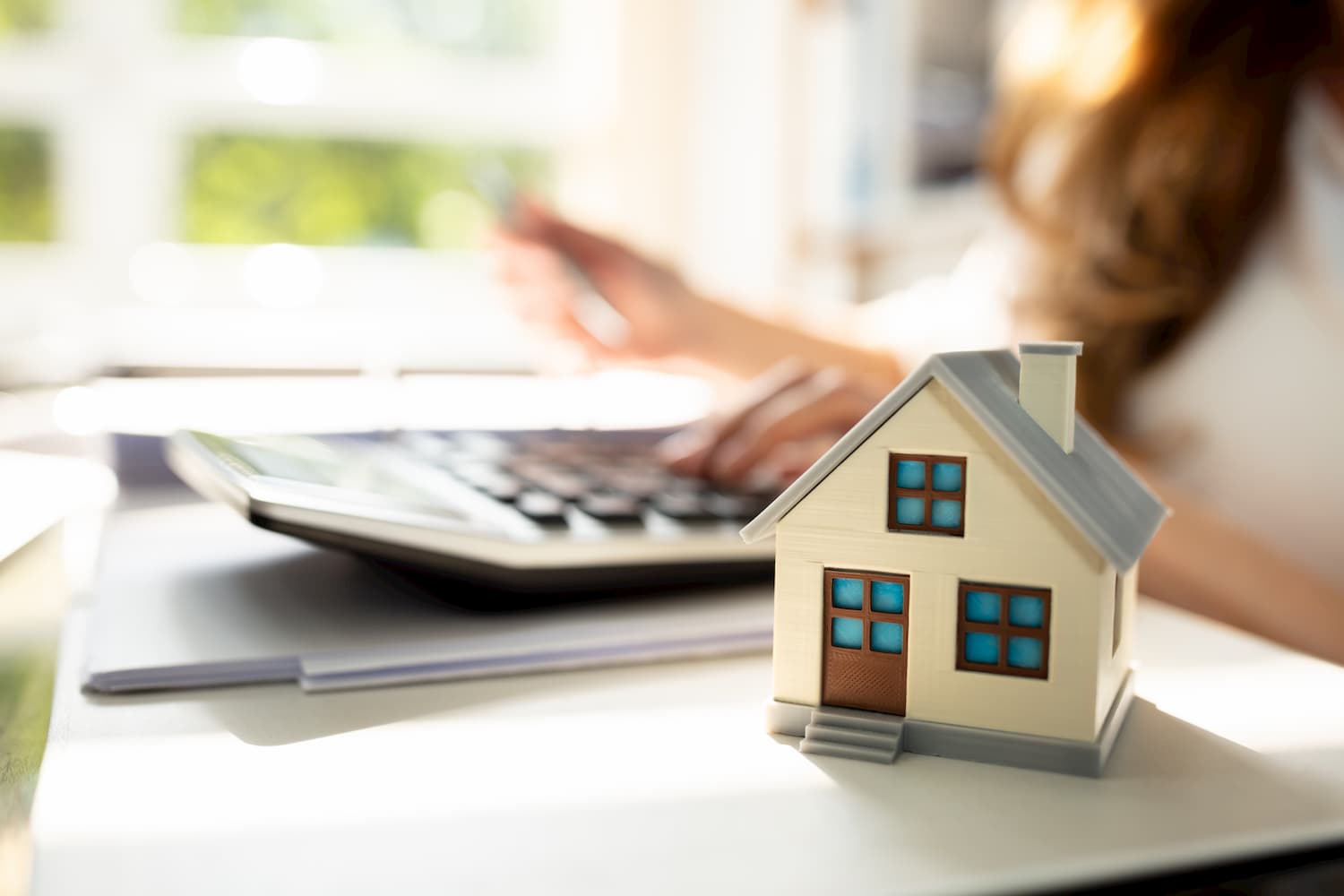Any person living abroad and owner of real estate in France is subject to French property tax. There is no exemption. Here is how it is calculated.
Any owner of real estate in France on 1st January of the taxation year, must pay the property tax during the last quarter of the same year, after receipt of his tax notice. This is true for French people living in France as well as for anyone living abroad. Unlike council tax, which is paid by persons who actually live in the property, property tax does not take into account the owner’s place of residence. In the event that one of the attributes of ownership has been separated, only the usufructuary is liable for tax. Moreover, there is not one tax, but several property taxes: property tax on built properties, property tax on undeveloped land and the tax or charge on household waste.
French property tax on built properties
As soon as you own a property, which is fixed to the ground and cannot be moved, it is a built property. In concrete terms, it is an apartment, a house, a car park, a boat or barge moored at a fixed point and fitted out as a dwelling, a commercial, industrial or craft business premises, a hangar, a commercial site such as a campsite or leisure centre, an industrial site, or the ground or land of the outbuildings linked to the main property. Any built property is taxed according to a complex calculation that can be summed up as follows. The tax authorities take into account half of the cadastral rental value of your property. They determine the value of the rent that you could apply if the property was leased. Added to this are comfort elements: proximity to shops, access to transport and road infrastructure, floor for the apartment, positioning of the apartment in the building in relation to the street as well as the sun exposure, the presence of a terrace or balcony, etc.
This half of the rental value is then multiplied by the tax rate set by your municipality or group of municipalities. The latter may provide for a cap on the amount to be paid depending on the income of the tax household and the exemptions. They are numerous and concern people on low incomes, but also periods when the dwelling has just been built or renovated with a building or alteration permit.
French property tax on undeveloped land
Any owner of undeveloped land is taxed, according to the same rules as built properties, for the entire surface area owned. The only changes are the rate, which is different, and the exemptions. The latter can be permanent – such as agricultural land, roads, rivers -, or temporary – such as woods, forests, or natura 2000 areas. Temporary exemptions may be decided by a town hall on land where fruit crops are grown. On the other hand, in areas that are said to be difficult in terms of housing, there may also be an increase in the rental value if the land can be built on.
The property tax for both built and undeveloped, remains the responsibility of the owner even if the property is rented. This is not the case for the tax or fee for the removal of household waste. When it is a tax, it can be recovered from the tenant. In the case of a fee, it is directly charged to the person who lives in the property. In both cases, it is set by the municipality to cover the costs associated with the collection of waste and similar, which it organises. You do not choose between taxes or fees, it is the decision of your municipality. However, there is a significant difference: in the case of a tenant vacancy, the owner does not pay the fee. On the other hand, the owner pays the tax. In this case, after three months of empty accommodation, he can request a reduction. To do this, the absence of a tenant must not be voluntary and must concern all or part of the property if there are separate rentals.
To know more about French property taxes


